This is a story of peace—a very influential and meaningful story, as far as peace in North America and beyond...
Rudolf Steiner met the poet and bon vivant Otto Erich Hartleben (1864–1905) in Weimar, together with whom, for several years,...
Der britische Mathematiker und als spiritueller Lehrer tätige John G. Bennett (1897 – 1974) erzählt in seinen Lebenserinnerungen ‹Das Durchqueren des großen Wassers›, wie nach einer intensiven Nahtoderfahrung am Ende des Ersten Weltkriegs seine spirituelle Suche begann.
Marginalia from the life and work of Rudolf Steiner. In his lecture of July 11, 1916, Rudolf Steiner described in...
The life of Helene von Schewitsch was so incredibly dramatic, so full of twists and turns, and populated with so...
One of Rudolf Steiner’s closest friends during his first years of study was Rudolf Ronsperger (Aug. 29, 1863–Oct. 2, 1890), the son of the Jewish Viennese master confectioner Felix Ronsperger. Some of Rudolf Steiner’s early letters come from Ronsperger’s estate and give us an intimate look into what he was...
If Renate Riemeck (1920-2003) is known at all today, it’s as Ulrike Meinhof’s foster mother or perhaps as the author...
Albert Vinzens’ remarkable biography of Renate Riemeck (1920–2003) succeeds in sketching a detailed and authentic picture of his subject. Vinzens...
Cigarette manufacturer Emil Molt and writer Hermann Hesse were friends during their school days and became close again later in life, especially around the time of the founding of the first Waldorf School in 1919. However, Hesse did not seek a relationship with anthroposophy. More than twenty years after their...
Margarethe Lenore Selenka (1860–1922) played a major role in the peace movement and was the older sister of Felix Heinemann,...
One hundred years ago, on May 2, 1924, Rudolf Steiner’s friend and collaborator, the artist Edith Maryon, died. Barbara Schnetzler...

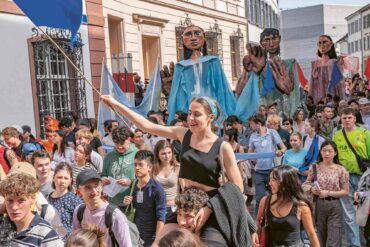
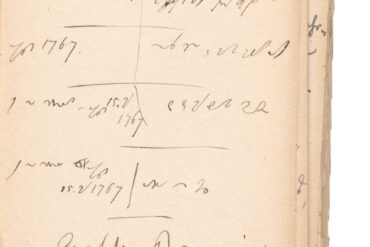
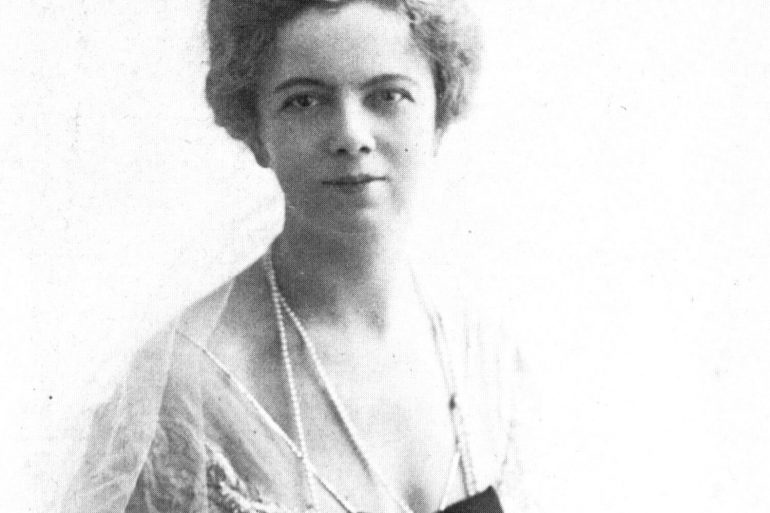
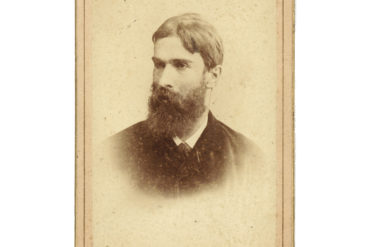
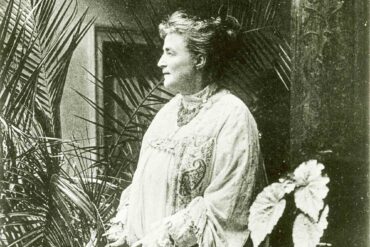
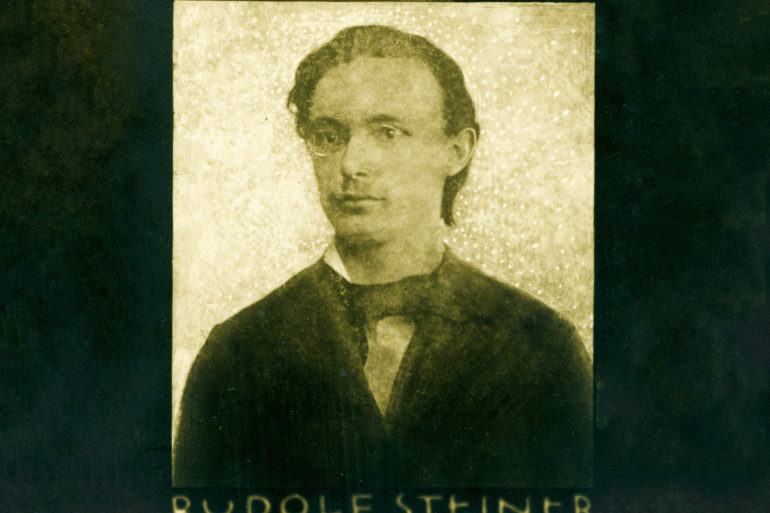
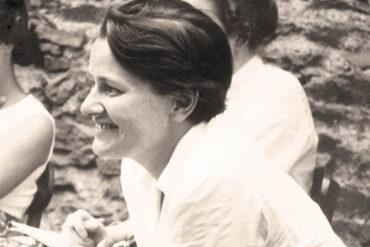
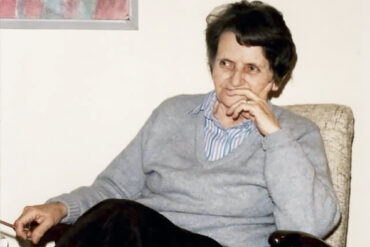
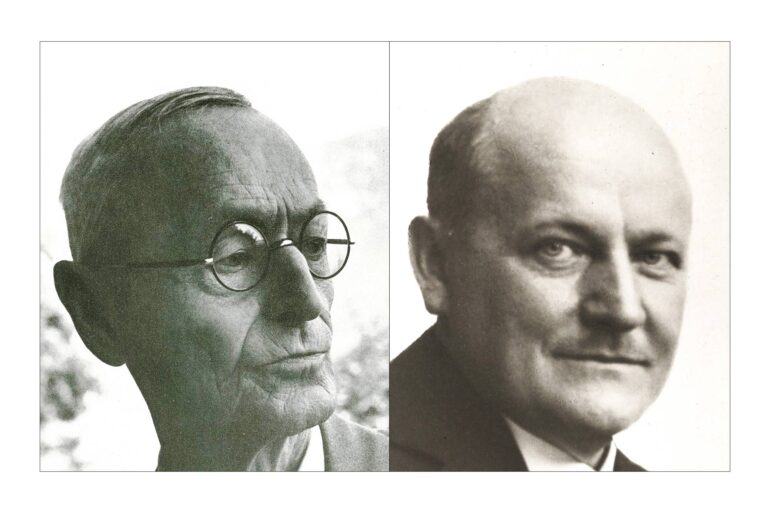
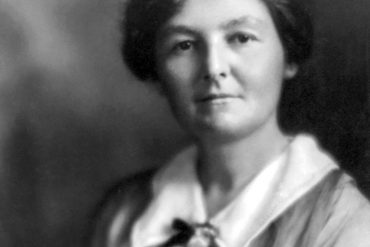


Letzte Kommentare